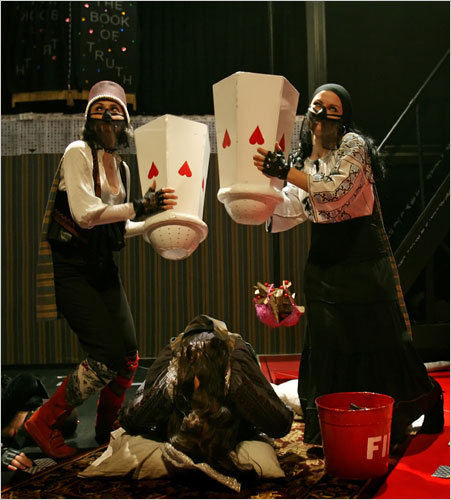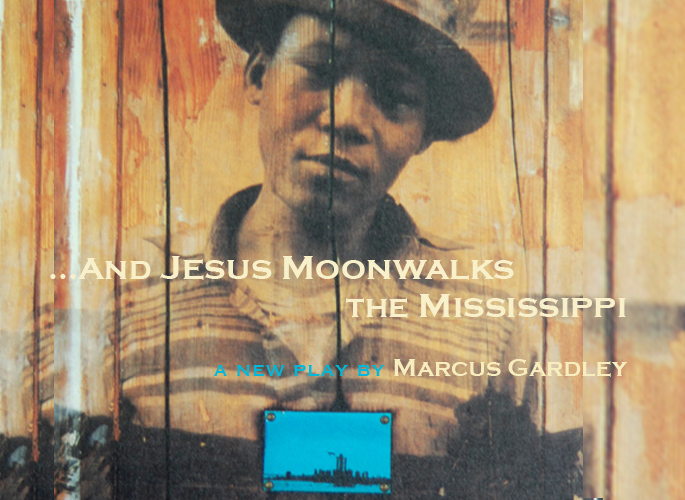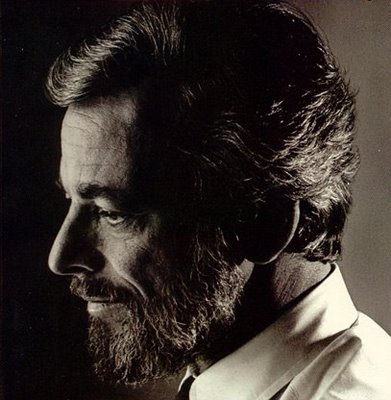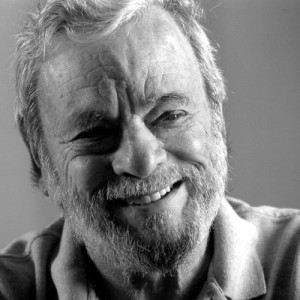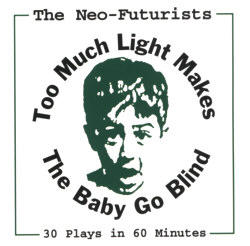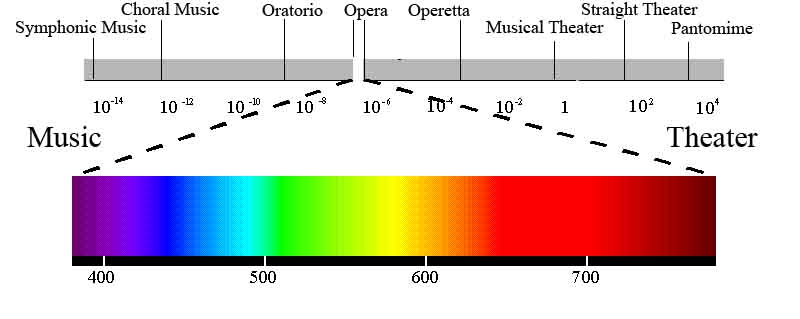Save the small theaters!
Oh man. Another small theater is taken out of commission. I just learned that Climate Theater has lost its lease and is moving operations to the Traveling Jewish Theater. Chloe Veltman covered it on her blog. (Somehow I keep crossing paths with Chloe Veltman. I think I only met her in person once, very briefly at the opening night parties that Cutting Ball theater threw for their production of Mud, but she keeps on popping up. First she’s friends with fellow Richter Scale Jerry Cain (via NY Times blogger Scott James). Then she’s interviewing my composition teacher David Conte. This time I was actually in Jessica Heidt’s living room getting ready to do some work on Failing That while Chloe was interviewing her. One of these days we might actually have a conversation. But I digress…)
As someone who prefers his theatrical spaces to be intimate (more accurately, someone who prefers theater that isn’t going to draw more than 50 people in any given night) this is a bummer. We need all the small spaces we can get. So as a tribute to the Climate’s lost space, why don’t you take a look at what’s playing in San Francisco’s teeny houses this weekend. Or next weekend. (But don’t wait too much longer, lest they lose their leases as well…)
The Real Kim Harmon is doing a performance piece in the art space/curio shop hybrid Viracocha in the mission
The Dark Room is continuing it’s Twilight Zone productions as well as their bad movie nights.
Stage Werx has Lisa Marie Rollins’ solo show Ungrateful Daughter (which features a scene that came from a suggestion I made at one of W Kamau Bell‘s solo performance workshops…)
SF Playhouse is previewing their re-imagining of The Fantasticks set in a contemporary dystopia.
The Garage has got the athletic dance group the San Francisco Moving Men
Counterpulse has a new show about LGBTQ elders by Outlook Theater Productions
Intersection for the Arts is celebrating its 45th anniversary with a Gala auction.
And, of course, up in Petaluma, I’ll be performing in the closing night of Emmeline at teeny opera company Cinnabar.
